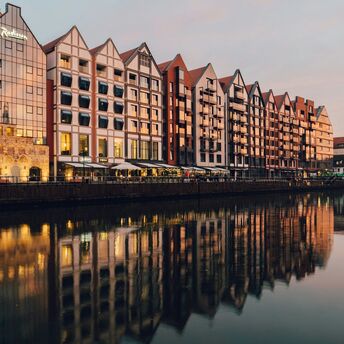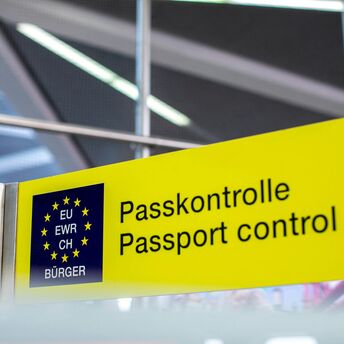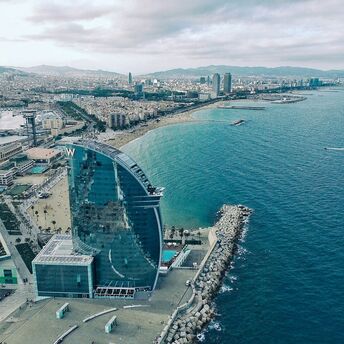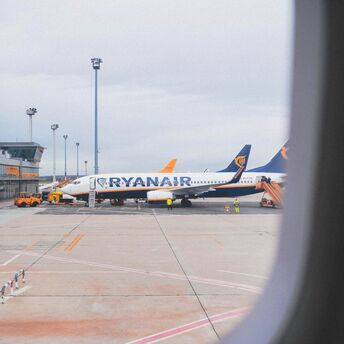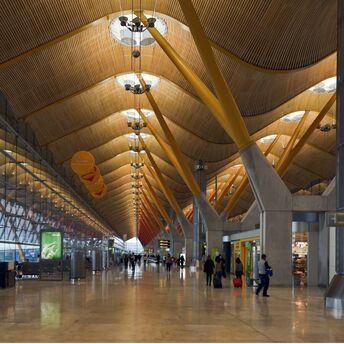UK Introduces Tourist Taxes to Boost Infrastructure and Services

Local authorities in the UK are considering introducing a visitor tax to fund upgrades to infrastructure in popular tourist areas. In Scotland, nearly half of local councils are discussing a 5% accommodation tax that could become mandatory by 2026. Edinburgh aims to lead this initiative, expecting to collect £50 million to improve housing and support cultural events.
This proposal targets issues related to overtourism, which overwhelms local resources and infrastructure. However, some business owners fear the tax might reduce the number of visitors and impose additional financial burdens on enterprises. Supporters argue that such measures will protect local communities and enhance tourism services, drawing inspiration from the successful experiences of other European countries.
In July 2024, coastal towns like Bournemouth and Poole became the first in the UK to introduce a tourist tax of £2 per night for hotel guests. The collected funds will be used to maintain local services, host events, and preserve tourist attractions. This approach aims to promote sustainable tourism and attract more visitors in the long term.
Manchester also implemented a similar measure, becoming the first major city to introduce a mandatory visitor levy in April 2023. Visitors pay this tax for each stay in hotels, apartments, and guesthouses. The revenue is invested in cultural initiatives, street cleaning, and programs to improve tourism infrastructure.
For travelers, this means additional expenses when visiting popular cities and regions in the UK. However, these levies will help maintain tourism infrastructure and improve service quality, essential for preserving cultural heritage. Visitors are advised to consider these costs when planning trips and familiarize themselves with local regulations beforehand.






